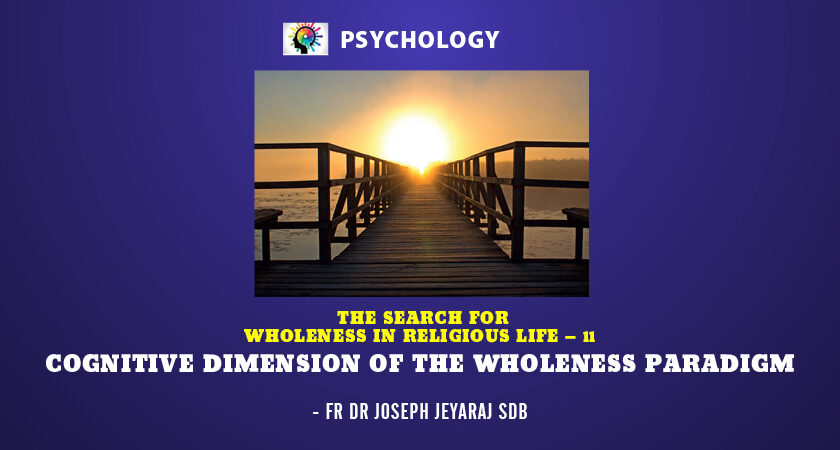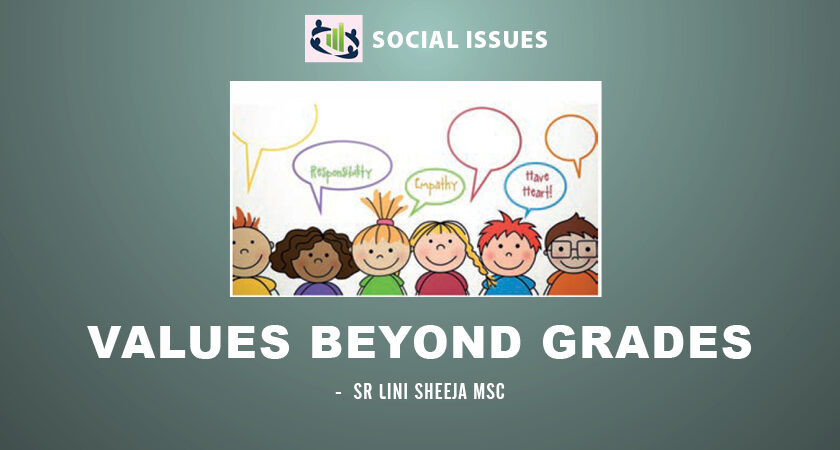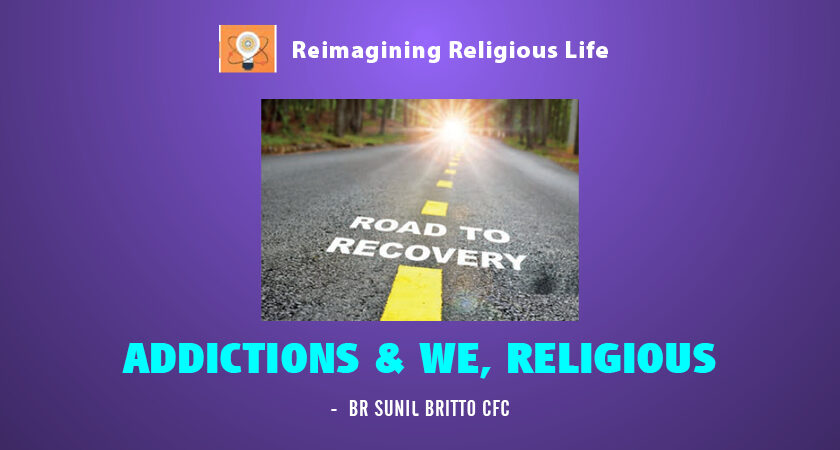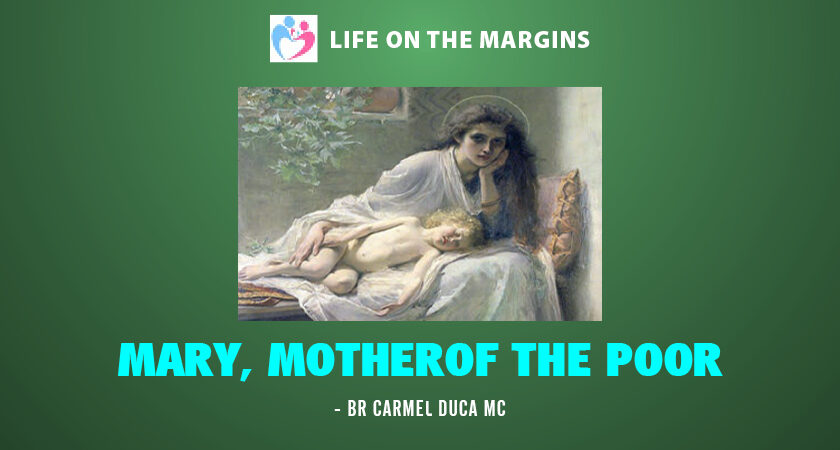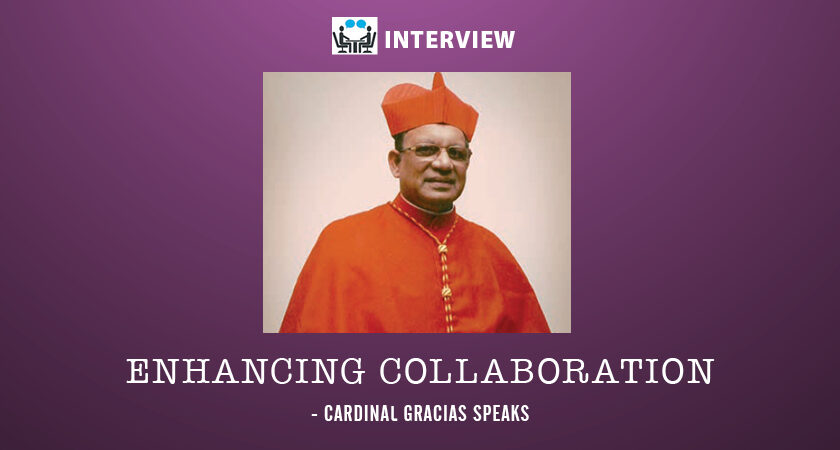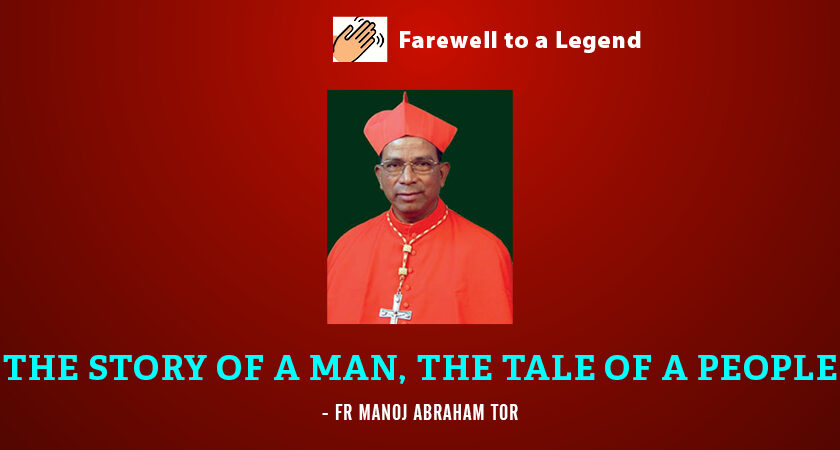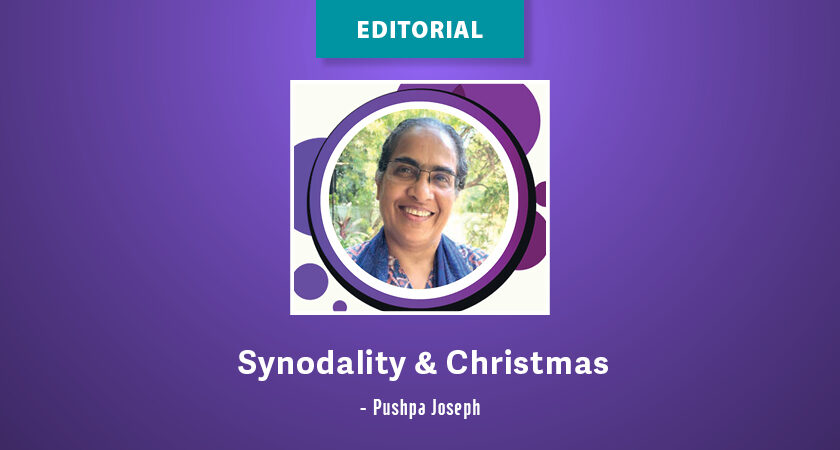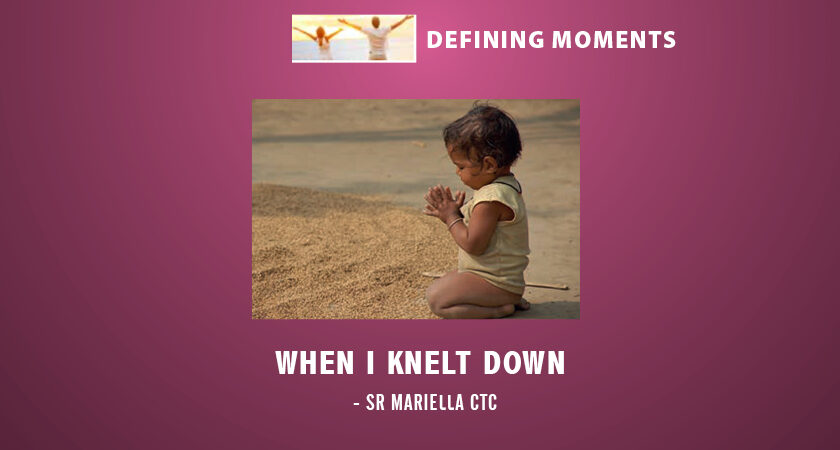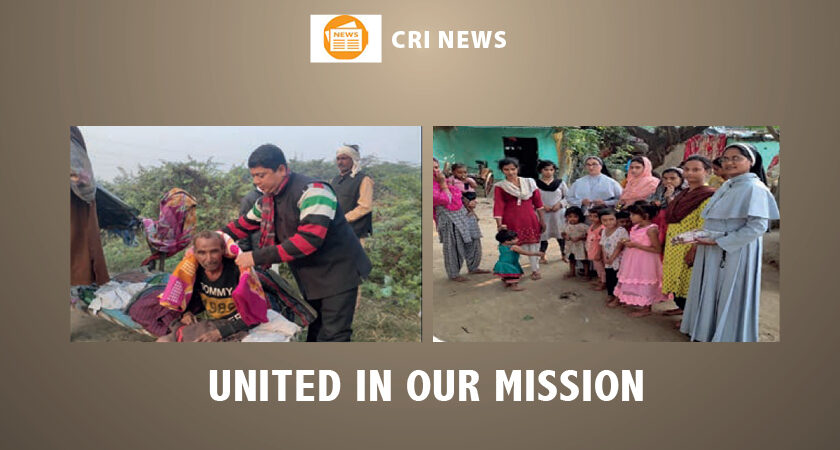“Your perception creates your reality. You can look at life and see scarcity or abundance. It depends on your mindset.” – Joe Vitale
We ended the previous article with a promise to discuss a very special quality namely, PERSPECTIVE-TAKING, which I believe, is the highest manifestation of the cognitive dimension. This is the second important and essential quality in the wholeness paradigm. It is good to remember the first important quality in our paradigm is CONSISTENCY, which is the highest manifestation of the physical dimension.
Steven Covey’s concept of Vision
The whole-person paradigm of Stephen Covey considered Vision as the highest manifestation of the mind. In his book, The 8th Habit, Covey suggested that vision is, “seeing a future state with the mind’s eye. Vision is applied imagination.” (p. 70). He continued to claim that we create all things twice: first in the mind and then in reality. It’s like having a blueprint of the house in hand before setting out to construct the house. For him, the cognitive faculty of a person finds its highest manifestation when that person is able to envision in one’s mind the future course of action. He claimed that the most important vision of all is to “develop a sense of your own destiny, a sense of your own unique mission and role in life, sense of purpose and meaning” (p. 72).
According to Covey, vision is a futuristic quality, something that prepares you for the future, a special capacity to achieve great things in life. Of course, for Covey, vision is not only achieving something or accomplishing a task. It is something more than that: it is about discovering one’s inner potential, expanding one’s capabilities and ultimately, realizing one’s full potential. Therefore, to summarise Stephen Covey’s concept of vision, we can say that those who possess vision, they also possess clarity and farsightedness about what they want to do in life.
Fr. Dr. Joseph Jeyaraj, sdb
To read the entire article, click Subscribe
